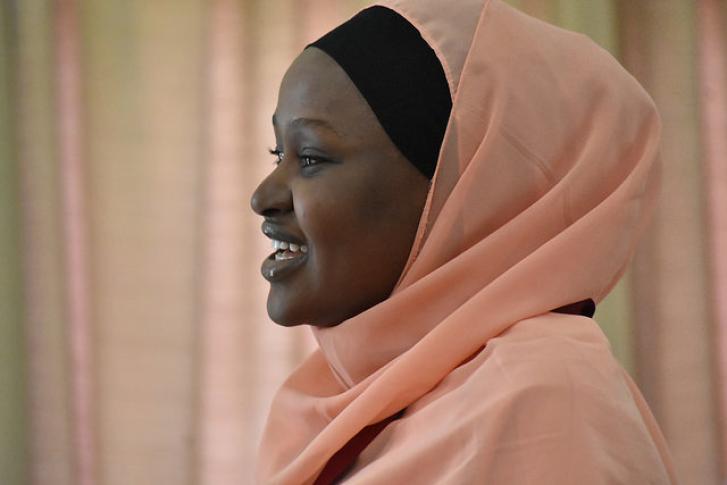
When I was first accepted to join the African School on Internet Governance (AfriSIG), I thought that it would be a dense, academic course, with tech experts and policy makers coming together to discuss issues around internet governance. Coming from a non-tech, civil society background (my work is on curbing hate speech in Nigeria through online reporting and countering), I arrived at AfriSIG as a novice to the internet governance table. My perception was that internet governance is all about monitoring and governing content online with a focus on data privacy. With its emphasis on multistakeholder approaches, however, the school was much more interactive and open than I anticipated. And, thanks to the AfriSIG faculty, I now have a much broader perspective of what internet governance entails.
The school began with an overview of the internet itself and how it works. We learned about the role of ICANN in managing the internet for public benefit through the use of names and numbers to locate each end user of the internet (e.g. the TLDs, ccTLDs, gTLDs, etc.). Oops, I am beginning to use techie acronyms! For the benefit of non-techie readers, ICANN stands for Internet Corporation for Assigned Names and Numbers, and TLDs stand for the top level domains which follow the final dot in an internet address. TLDs identify the purpose or affiliation of the website. ccTLDs stand for country code TLDs which identify the country the website is associated with (e.g .us, .fr, .ng, etc.), and gTLDs stand for generic TLDs, which are most commonly used and registered by individuals (e.g .com, .org, .edu, etc.).
Continue reading on the AfriSIG website.